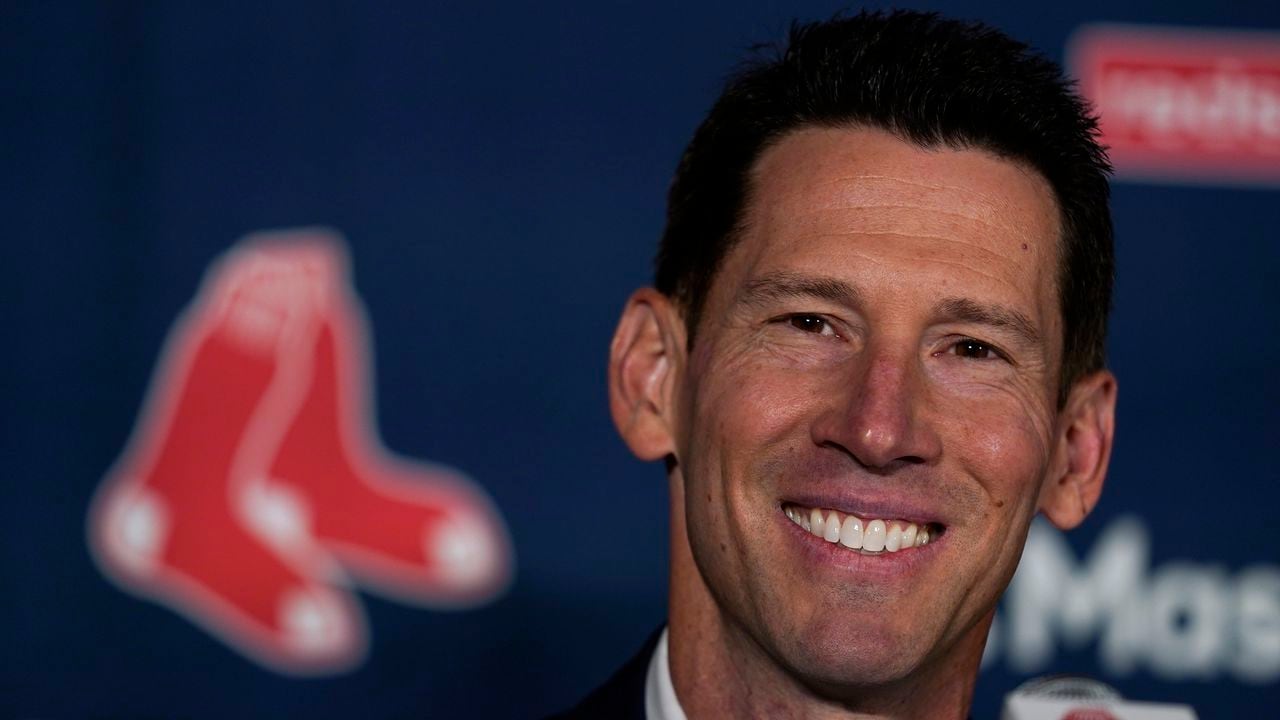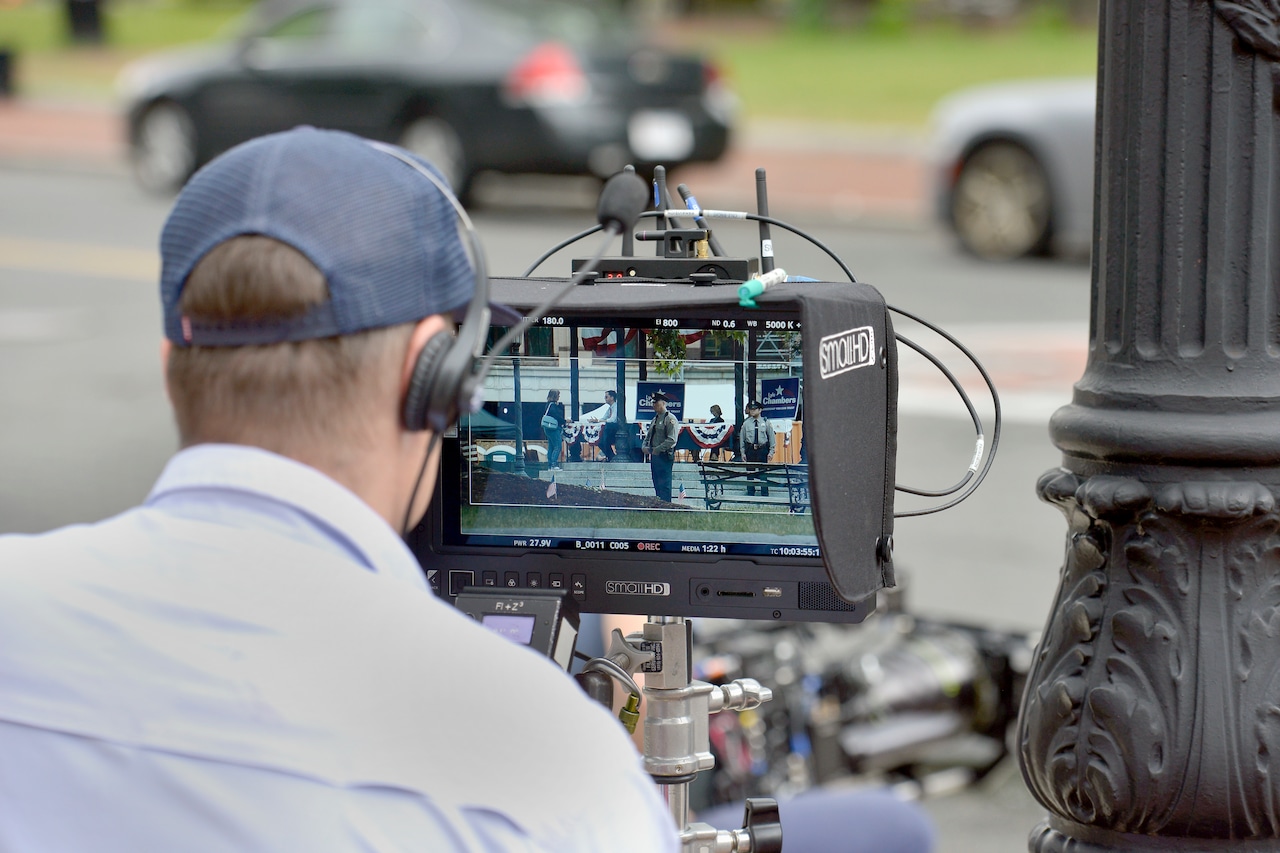
SCOTTSDALE — As a first-time executive, Craig Breslow is facing a steep learning curve.
It doesn’t matter that he played for a dozen years. Or that he’s spent the last four years with the Chicago Cubs in charge of their pitching development program, the last two as their assistant general manager.
Breslow, his colleagues all agree, is still going to encounter responsibilities and challenges that he hasn’t experienced before.
“When I ran into him here, I said, ‘Does it still feel like you’re drinking from a firehose?’ “ said Minnesota Twins president of baseball operations Derek Falvey with a chuckle. “And he nodded. He said, ‘Yes.’ And I said, ‘Well, that doesn’t go away for about a year, so don’t expect it to anytime soon.’ But honestly, that’s what it feels like.”
Falvey said Breslow will need to lean on his staff — including assistant general managers Brian O’Halloran, Eddie Romero and Raquel Ferreira — to help him through the transition period.
“They’ve been though this before,” said Falvey. “They’ve gone through all of this. He’s going to have a lot of resources surrounding him; the key is to lean into those resources and to find the right leaders to help navigate through it. Because when you try to do it all yourself? Forget about it. You’re never going to be able to survive. So he’s going to have to lean into the team that he already has, which is well established and already has a ton of experience.”
Most executives agree the big test will come when Breslow makes his first trade, as little can prepare him for that experience. It’s human nature, many believe, to need to feel you’re coming out of a proposed deal as the clear-cut winner. But waiting for those kind of one-sided trades is not advised, because it can prevent you from making any deals at all.
Trades are inherently risky propositions. There exists the potential to make a poor decision, one that will cost you — and your team — in the long-term. But newcomers to the job have to overcome that mental block.
“If you constantly work from a place of fear when you trade,” said Falvey, “I don’t think you’re ever going to take a risk that might make you a lot better. Now, you may fail sometimes. That’s part of the job. That’s what you sign up for. But what I’ve gotten comfortable with over seven or eight years of doing this, that there is risk in everything you do. And if you have to just decide: are you willing to take that risk? And if you don’t take that risk, sometimes you’re going to miss on some upside. And sometimes you’re going to fail.
“Ultimately, you want to end up on the plus side most of the time.”
Falvey freely admits that it took “a few years” before he grew comfortable with the idea of pulling the trigger on deals. Eventually, he gained the confidence to live with the results of the deals he made — win or lose. Accepting the responsibility comes with being the No. 1 decision-marker for an organization.
“When you’re in the No. 2 or No. 3 or No. 4 seat, you’re recommending a deal to someone,” he said. “Now, I cared about it (in that capacity). It’s not like I didn’t go home and worry about whether or not this was going to work out for us. But when you finally shift into that (No. 1) seat and it’s your responsibility and it’s you, it does change. You feel it differently. Then, you don’t sleep, then you think about it and you worry about it and then you know you have to answer questions about it.
“But if you think about it like that part of the equation, you’ll never make a trade. You’ll paralyze yourself. You have to say, ‘What’s our process? Why are we doing it? What are the reasons?’ And then, it’s ‘OK, I know it’s the right decision to make; let’s do it.’ And knowing when to pull the trigger on it, I think is something you learn with experience.”
Dave Dombrowski, who long ago earned the nickname “Dealer Dave” for his frequent trades, said it’s important to acknowledge that every deal carries with a degree of risk.
“If you’re not (accepting that), you’re probably not going to make big trades,” said Dombrowski. “That’s just the way it is. If you’re not willing to take some risks, you’re not going to make a lot of deals, probably. Because if you can only make deals that are slanted towards you and being definitely in the favorable position….other clubs know what they’re doing, too.
“Usually, trades, if you’re making them, are going to hurt a little bit. You don’t like to give up good players (in return). But it’s a situation where there’s some risk involved. You just try to do the most thorough (job preparing). Hey, we traded players this past year that I wasn’t thrilled (to lose).
“But as I’ve often expressed to people, it’s hard to try to win and make deals and not trade any players. I haven’t figured that one out yet, personally. No matter where I’ve been. So you have to take a risk, and hey, sometimes they work and sometimes they don’t. But you hope that they work a lot more than (not). You do the best job you possibly can. That’s what it’s all about. You’d rather have the player you’re acquiring and all the prospects. But it just doesn’t work that way. That’s not the way it is.”






